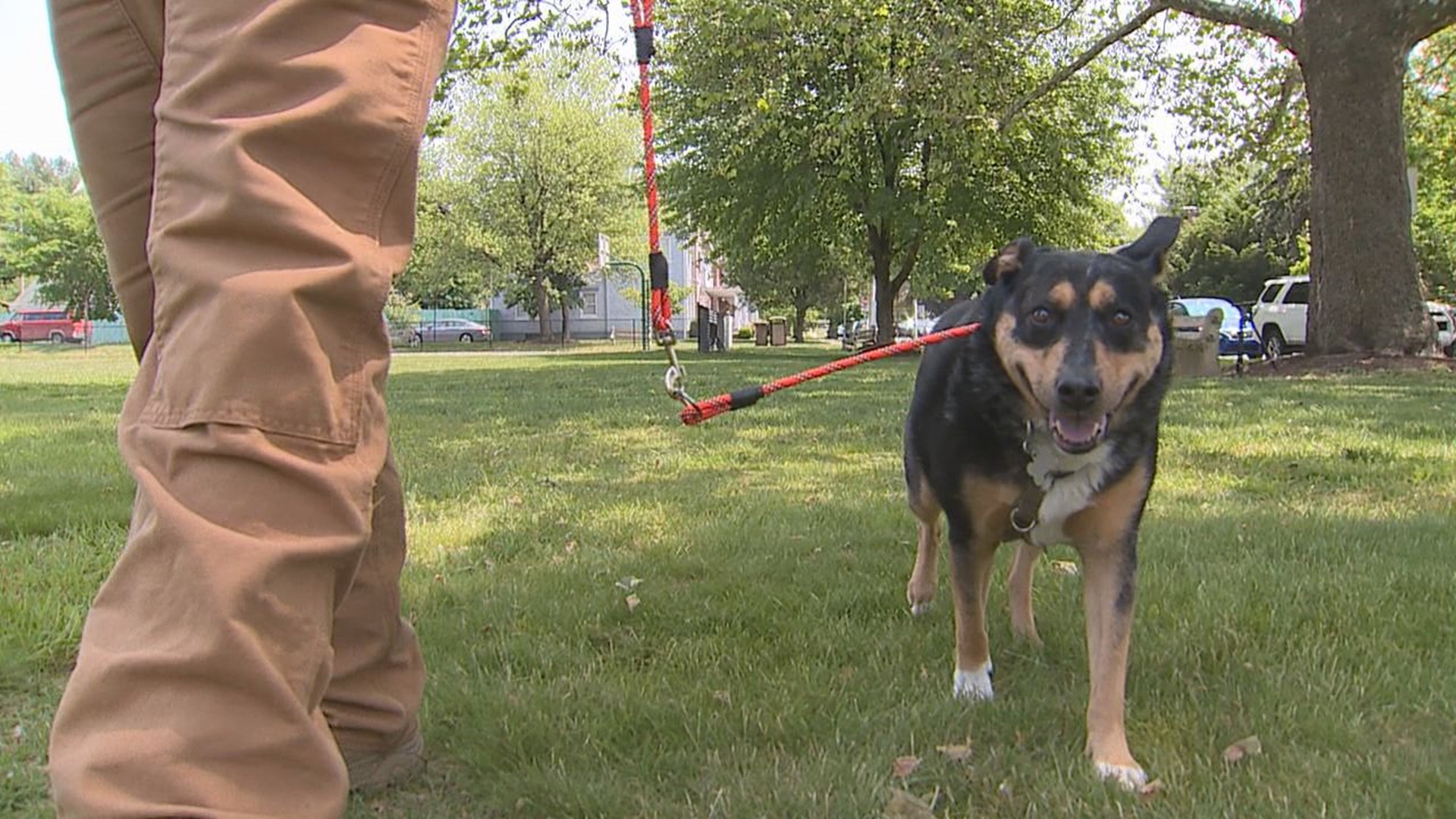LANCASTER, Pa. — It’s a part of many Americans’ daily routines: walking the dog. In fact, about 45% of U.S. households have a dog.
This task gets both you and your furry friend exercise; however, a new study from Johns Hopkins University shows that it can also lead to some pretty serious injuries.
According to the study, the three most common injuries among adults from walking their dogs are finger fractures, traumatic brain injuries and shoulder sprains. The study also noted that the number of these injuries is on the rise.
George Matheis of MCS Dog Training says it's a scenario he's seen countless times.
“So you’re walking down the street and a dog goes to take off. When it does, you have this static pop," Matheis told FOX43. "People get their shoulders dislocated, get broken fingers, and unfortunately, a lot of times they get pulled down to the ground."
Matheis says most of the time this occurs with his female clients, which make up a majority of his business.
Unfortunately, dog training often gets put on the back burner, especially with busy families when life can get hectic. However, this training could be vital to maintain a healthy relationship between a person and their dog plus reduce their risk of injury.
“Once they know that you’re their higher-ranking dog, it’s all about being able to look at you and your reflection on the world," said Matheis.
Matheis has developed a training technique that helps establish this relationship between an owner and their dog. He doesn’t use treats, just praise for a dog and a leash he developed called the “Immediate Correction Lead.” This lead teaches dogs to stay in the heel position with their owners.
He’s used this technique to train over 3,500 dogs and their owners.
“The idea is once you form this relationship and your dog knows you're the higher ranking dog and they focus on you, it lets them relax and just enjoy the walk," he said.
A relaxed dog can mean no darting for squirrels, quiet interactions when passing others on the street or a calm companion when you answer the doorbell at home.
Overall, Matheis says a relaxed dog who listens to his leader means less risk of injury for yourself.

